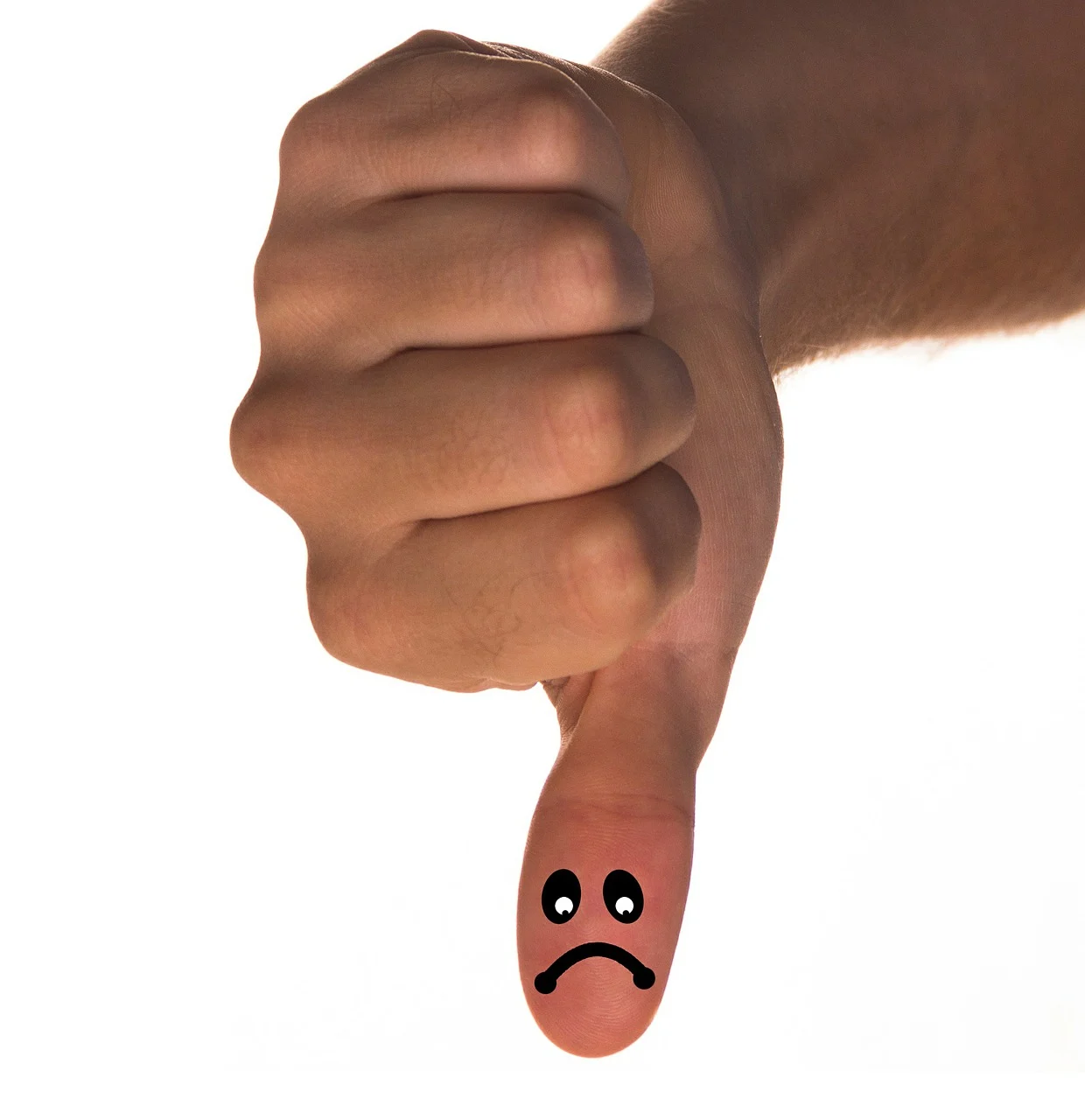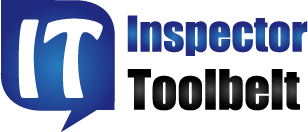
Avoiding Mistakes to Protect Your Business
Home inspection is a vital aspect of the real estate industry, where thoroughness and attention to detail are paramount. However, even the most experienced inspectors can fall prey to certain pitfalls that not only cost them money but also tarnish their reputation. In this blog, we’ll delve into five to ten common mistakes that home inspectors should avoid at all costs to safeguard their financial interests and uphold their professional standing.
Pitfalls to Avoid
1. Skipping Pre-Inspection Agreements
Failure to establish clear pre-inspection agreements with clients can lead to misunderstandings and legal disputes down the line. These agreements outline the scope of the inspection, limitations of the inspector’s liability, and the client’s responsibilities, ensuring transparency and clarity from the outset.
2. Inadequate Documentation
Insufficient documentation of inspection findings can leave inspectors vulnerable to liability claims. Detailed reports with accompanying photographs provide concrete evidence of property conditions and help mitigate disputes with clients or other stakeholders.
3. Overlooking Safety Hazards
Neglecting to identify safety hazards such as faulty electrical wiring, unstable structures, or mold infestations not only poses risks to occupants but also exposes inspectors to potential lawsuits. Prioritizing safety assessments during inspections is essential to protect both clients and inspectors.
4. Rushing Through Inspections
Rushing through inspections to accommodate tight schedules can compromise the quality and thoroughness of assessments. Diligent inspectors take the time to meticulously examine every aspect of the property, ensuring nothing escapes their scrutiny and reducing the likelihood of oversight errors.
5. Failing to Stay Updated
Neglecting to stay updated on industry standards, regulations, and best practices can render inspectors ill-equipped to handle evolving challenges and expectations. Continuous education and professional development are essential to maintain competency and credibility in the field.
6. Overpromising and Underdelivering
Making unrealistic promises or guarantees to clients can set unrealistic expectations and ultimately lead to disappointment. Honesty and transparency about the limitations of inspections are crucial for managing client expectations and building trust.
7. Neglecting Professional Boundaries
Overstepping professional boundaries by offering unauthorized repair services or providing biased advice can undermine inspectors’ objectivity and integrity. Maintaining impartiality and refraining from conflicts of interest are essential to preserve professional credibility.
8. Ignoring Environmental Concerns
Disregarding environmental concerns such as radon, lead paint, or asbestos contamination can have serious repercussions for both clients and inspectors. Thorough assessments of environmental hazards are necessary to protect occupants’ health and avoid potential legal liabilities.
9. Inadequate Communication
Poor communication with clients, real estate agents, or other stakeholders can lead to misunderstandings and dissatisfaction. Clear and timely communication throughout the inspection process fosters trust and ensures that all parties are well-informed.
10. Neglecting Professional Liability Insurance
Operating without adequate professional liability insurance exposes inspectors to financial risks and potential legal liabilities. Investing in comprehensive insurance coverage provides financial protection and peace of mind in the event of unforeseen circumstances.
11. Poor Social Media Etiquette
Posting images, comments, or opinions about inspected properties can breach client confidentiality and violate privacy rights. Always maintain professionalism, discretion, and adherence to ethical standards when engaging on social media to preserve integrity and trustworthiness.
Avoid the Pitfalls, Secure Your Business
In conclusion, avoiding these common mistakes is essential for home inspectors to safeguard their financial interests and uphold their reputation in the industry. By prioritizing thoroughness, professionalism, and continuous improvement, inspectors can mitigate risks and establish themselves as trusted experts in the field of home inspection.
